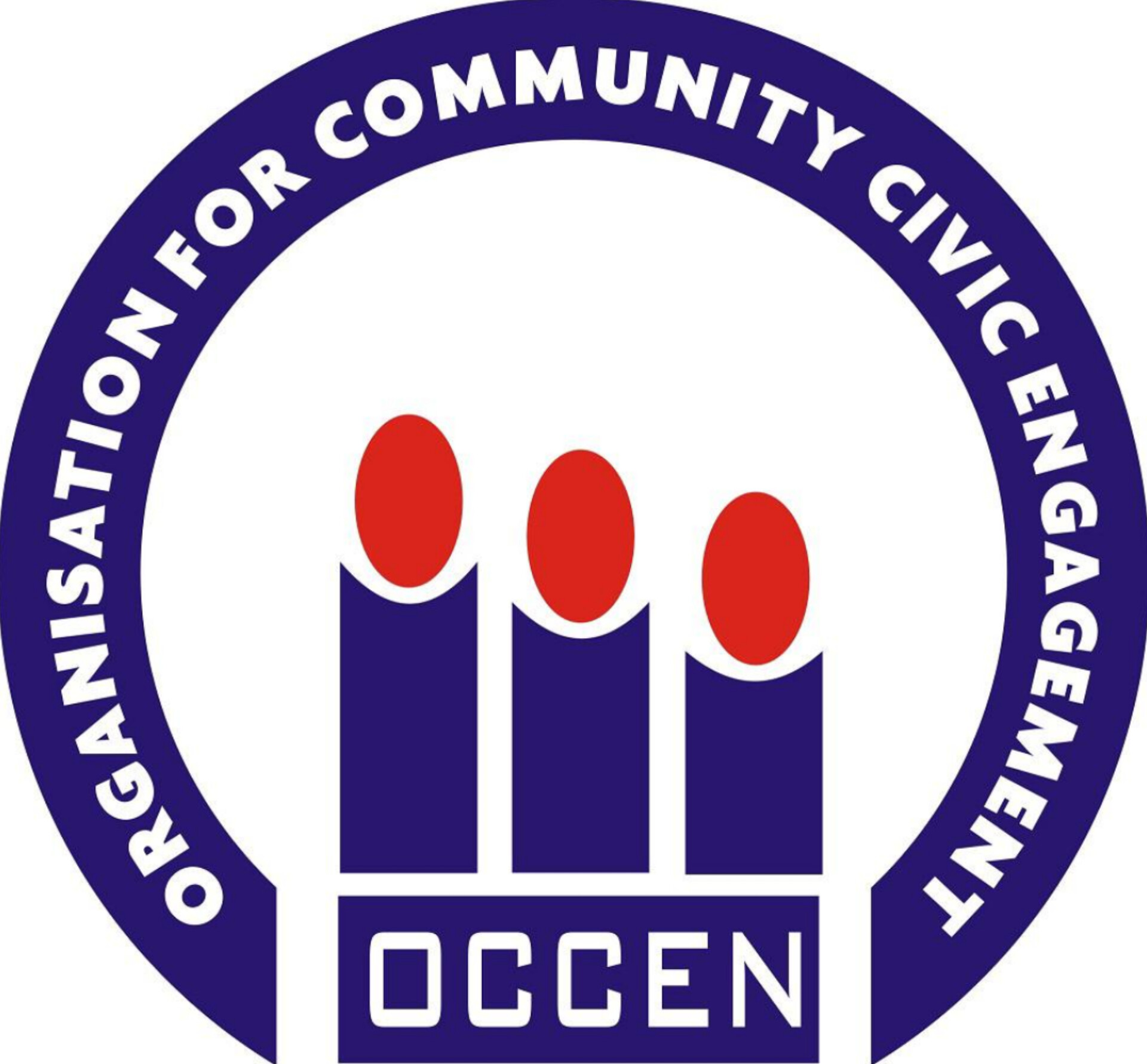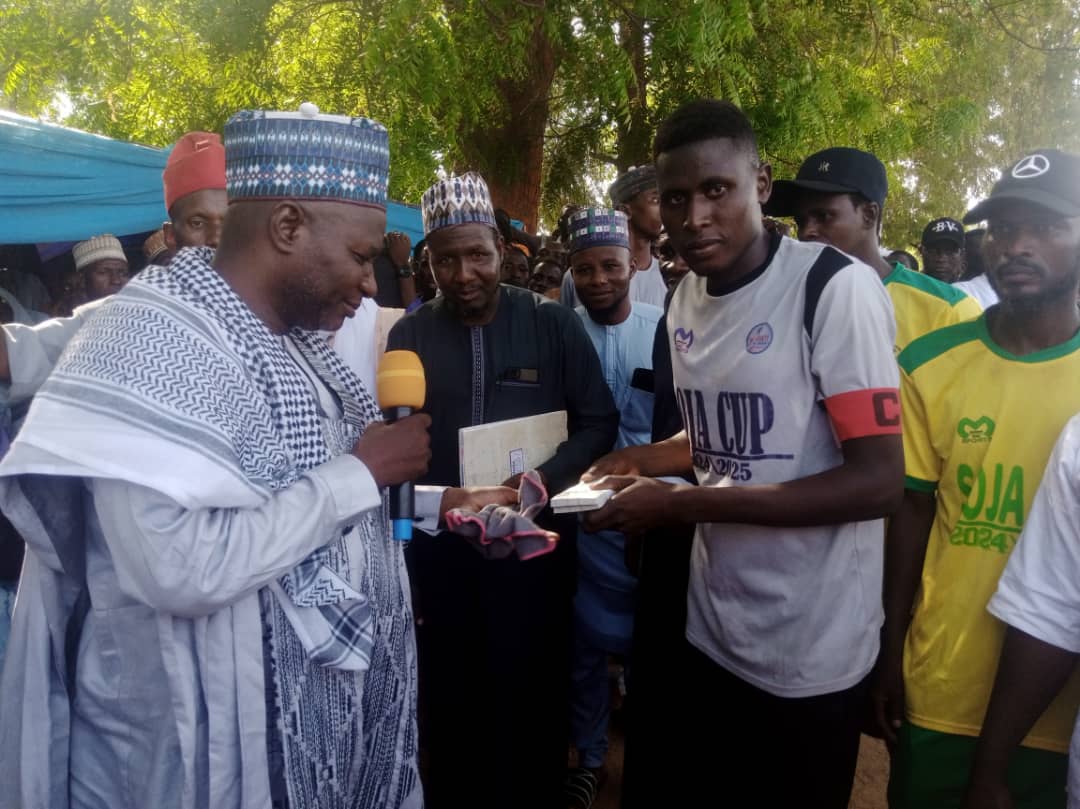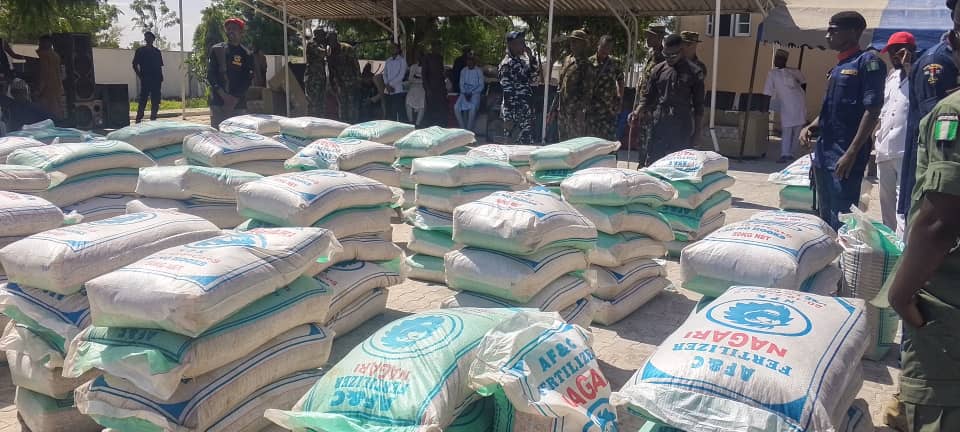From Ahmed Rufa’i, Dutse
The Organization for Community Civic Engagement (OCCEN) has raised concerns over what it described as the threats posed by the judiciary to the Nigerian electoral system where legal technicalities are now being used to disenfranshise voters through alleged procured judgments
This was contained in a press statement issued, by the executive director of the group, Comrade Abdulrazaq Alkali in which he warned against any act that would jourpadise the confidence of the electorate in the election outcome and emergence of leaders.

The statement expressed grave concern over what it described as “Judicialization of Nigeria’s Electoral System”, which is threatening the existence of democracy of the country
Comrade Abdurrazaq Alkali said “the development is a serious threat to the future of the country and existing democracy”
According to the statement the confidence that Nigerians had towards the democratic process is eroding at very significant rate, adding that it is posing a serious threat to the future of the country and it’s democratic system.
“When citizens lose confidence in the democratic system with the believe that their votes can no longer decide election outcomes but by the judiciary, those election outcomes are judicialized.”
Comrade Alkali maintained that the aftermath of the 2023 national election, just like the previous ones has left so much legal disputes in which about every contested position in the country including state and national assembly seats as well as governorship and presidential elections are being contested at the tribunals, appeal court and supreme Court.
He noted that resolving election disputes now seems to be controversial, complîcated and largely technical than ordinary voter’s intelegence.
The technicality of electoral dispute is largely due to its strict dependence on the electoral law which unfortunately is sometimes made disputable due to shifting judicial attitudes and or interpretation of the electoral act over the years as well as politicians exploiting and using every legal loophole they can find.
“It is on record that 552 election petitions were filed by the aggrieved candidates who participated in the National Assembly elections alone and these ongoing election disputes in our tribunals and appeal courts have so much stretched the Nigeria Judiciary. This has severe consequences on the efficiency and performance of the Judiciary”.
He said, it is clearly evident that some politicians who lost elections would rather go to courts with all sorts of dubious reasons, waste the courts time and resources such that at the end of the day if the verdict goes against them, they will have the courts and judges to blame and blackmail.
“We have seen evidence of these all over the country were politicians and their supporter’s resort to threatening and blackmailing judges.
Alkali added, by stretching the judicial system with election disputes, the other legal disputes that have not nothing to do with election suffer a lot of set-backs with hearing and rulings on lots of other criminal and civil cases adjourned for several months
This he said is in no way healthy for our country and our democracy.
“While some of these strange judgments are usually repealed by the appeal or supreme courts, however, some don’t get repealed due to many other reasons. In a disciplined judicial set-up it is never be an excuse for tribunal judges to interpreted the electoral laws as they see fit and pass contradictory and controversial judgments just because they do offer the dispute parties the right to appeal the judgment.
“The above reasons, one can see why Nigerians are losing interests in the democratic and electoral systems, the fact that voting or giving a candidate the highest votes in a free and fair election does not guarantee that candidate will eventually emerge as winner at the end of the day, but rather the courts will always have the final say in the determining the winner through a judicial process that is overly stretched and sometimes imperfect” Alkali said.
He pleaded with Nigerians not lose hope in the electoral system, but to play a significant role in upholding democracy by pushing for changes that will strengthened the electoral system for the sake of the survival and development of the country
Comrade added, that there is need to call for strengthening prosecution laws with stringent punishments for people who are involved in dubious acts to truncate or invalidate the votes of their opponents or meddling in opposition parties’ political processes.
“.




